Ghana: A West African Gem On The Map
By admin / July 31, 2024 / No Comments / 2025
Ghana: A West African Gem on the Map
Related Articles: Ghana: A West African Gem on the Map
Introduction
With great pleasure, we will explore the intriguing topic related to Ghana: A West African Gem on the Map. Let’s weave interesting information and offer fresh perspectives to the readers.
Table of Content
Ghana: A West African Gem on the Map
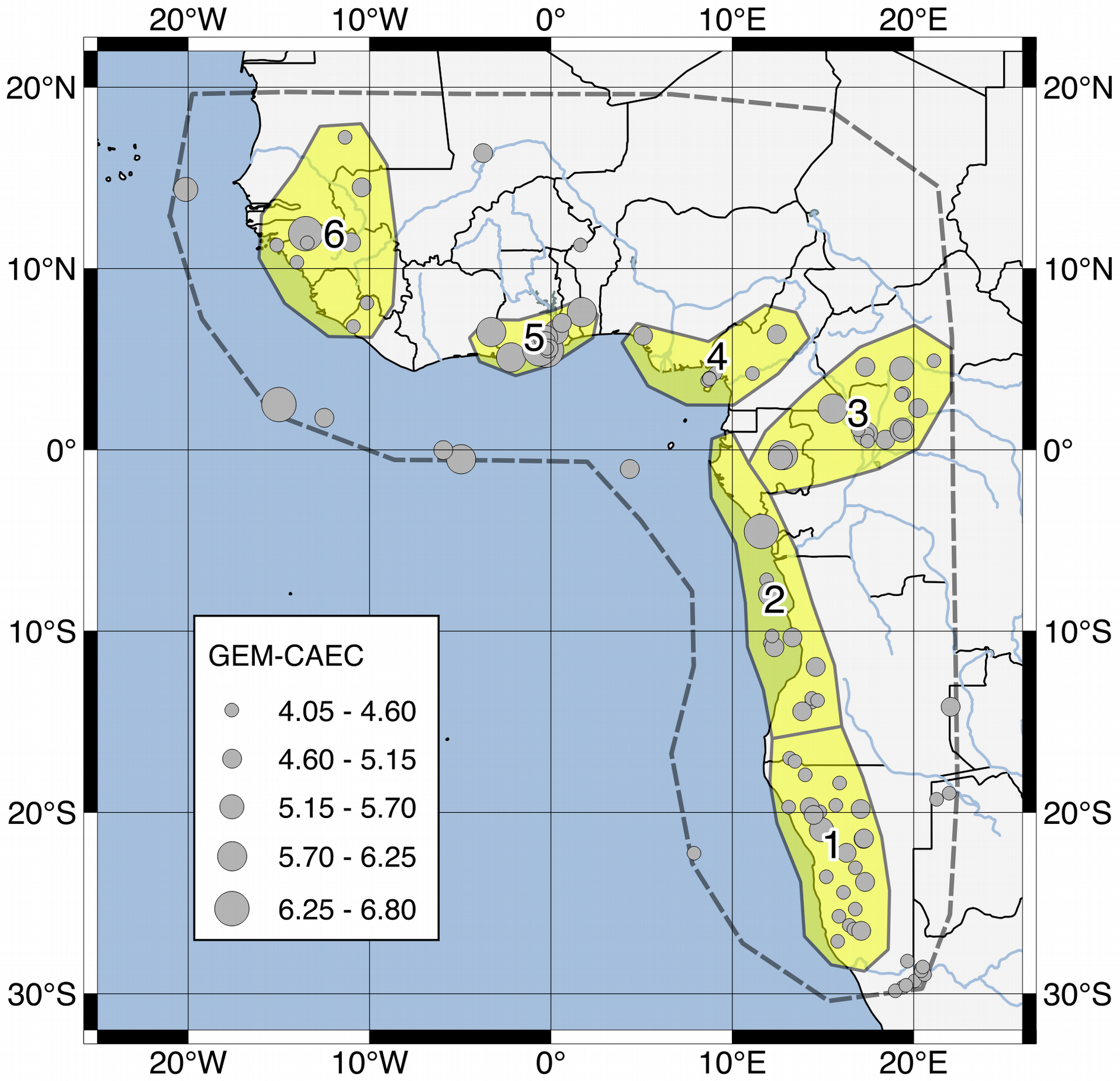
Ghana, a nation nestled on the Atlantic coast of West Africa, holds a significant place on the world map. Its strategic location, rich history, and diverse culture make it a captivating destination for travelers, investors, and scholars alike.
Geographical Location:
Ghana occupies a relatively compact area, bordered by Côte d’Ivoire to the west, Burkina Faso to the north, Togo to the east, and the Atlantic Ocean to the south. Its latitude and longitude coordinates are approximately 8° N and 0° W, placing it within the tropical region of the globe.
Physical Features:
Ghana’s landscape is characterized by a variety of geographical features. The southern coastal region is dominated by a narrow strip of coastal plain, giving way to a series of hills and plateaus further inland. The northern part of the country is predominantly savanna, with scattered hills and rocky outcrops. The Volta River, a major waterway, flows through the country and empties into the Atlantic Ocean, creating a fertile valley that supports agriculture.
Strategic Importance:
Ghana’s location on the Atlantic coast has historically been of immense strategic importance. Its coastline provided access to trade routes, facilitating the exchange of goods and ideas between Africa and the rest of the world. The nation’s proximity to other West African countries also makes it a crucial hub for regional cooperation and integration.
Economic Significance:
Ghana’s strategic location has also played a pivotal role in its economic development. The country’s rich mineral resources, including gold, diamonds, and manganese, have attracted significant investment. Its fertile land supports a thriving agricultural sector, while its coastal waters offer potential for fishing and tourism.
Cultural Significance:
Ghana boasts a rich and vibrant cultural heritage. The country is home to numerous ethnic groups, each with their own distinct traditions, languages, and artistic expressions. Ghana’s cultural heritage is a testament to its history, resilience, and enduring spirit.
Historical Significance:
Ghana’s history is intertwined with the transatlantic slave trade. The country’s coast was a major hub for the slave trade, and the impact of this period continues to be felt today. However, Ghana also played a pivotal role in the fight against colonialism. The nation was the first sub-Saharan African country to gain independence from colonial rule, becoming a beacon of hope and inspiration for other nations seeking liberation.
Tourist Destination:
Ghana is a popular tourist destination, attracting visitors from all over the world. The country offers a diverse range of attractions, from historical sites and museums to national parks and beaches. Ghana’s warm climate, friendly people, and rich cultural heritage make it an unforgettable travel experience.
FAQs:
Q: What is the capital of Ghana?
A: The capital of Ghana is Accra, located on the Atlantic coast.
Q: What is the currency of Ghana?
A: The currency of Ghana is the Ghanaian cedi (GHS).
Q: What is the official language of Ghana?
A: The official language of Ghana is English. However, numerous indigenous languages are also spoken, including Akan, Ewe, and Ga.
Q: What are some of the major industries in Ghana?
A: Ghana’s major industries include mining, agriculture, tourism, and manufacturing.
Q: What are some of the popular tourist attractions in Ghana?
A: Popular tourist attractions in Ghana include the Kwame Nkrumah Mausoleum, the National Museum, Kakum National Park, Cape Coast Castle, and the Elmina Castle.
Tips for Visiting Ghana:
- Obtain a visa: Visitors from most countries require a visa to enter Ghana. It is recommended to apply for a visa in advance of your trip.
- Pack appropriate clothing: Ghana’s climate is tropical, so pack lightweight, breathable clothing.
- Learn some basic phrases: While English is widely spoken, learning a few basic Ghanaian phrases can enhance your travel experience.
- Be respectful of local customs: Ghana is a culturally rich country, and it is important to show respect for local customs and traditions.
- Enjoy the food: Ghanaian cuisine is diverse and flavorful, and there are many delicious dishes to try.
Conclusion:
Ghana, a nation with a rich history, vibrant culture, and strategic location, holds a significant place on the world map. Its diverse landscape, welcoming people, and thriving economy make it a captivating destination for travelers, investors, and scholars alike. As Ghana continues to develop and grow, its importance on the global stage is only likely to increase.

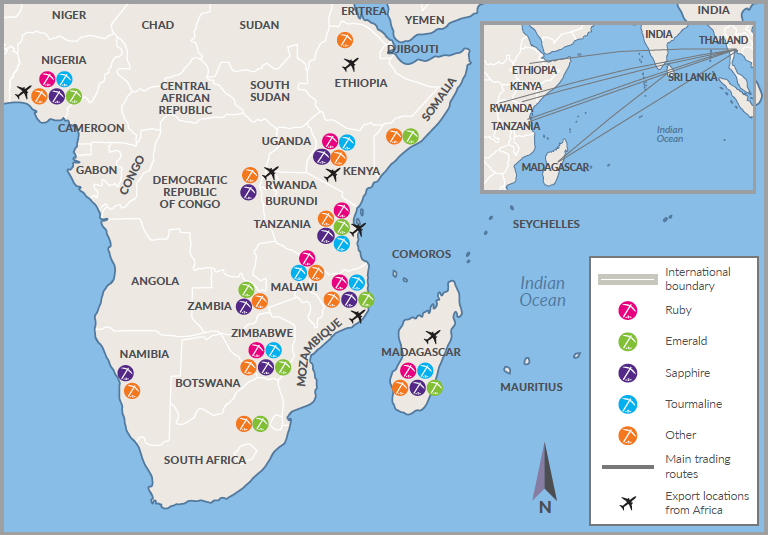
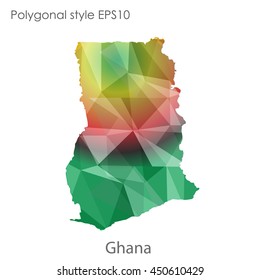
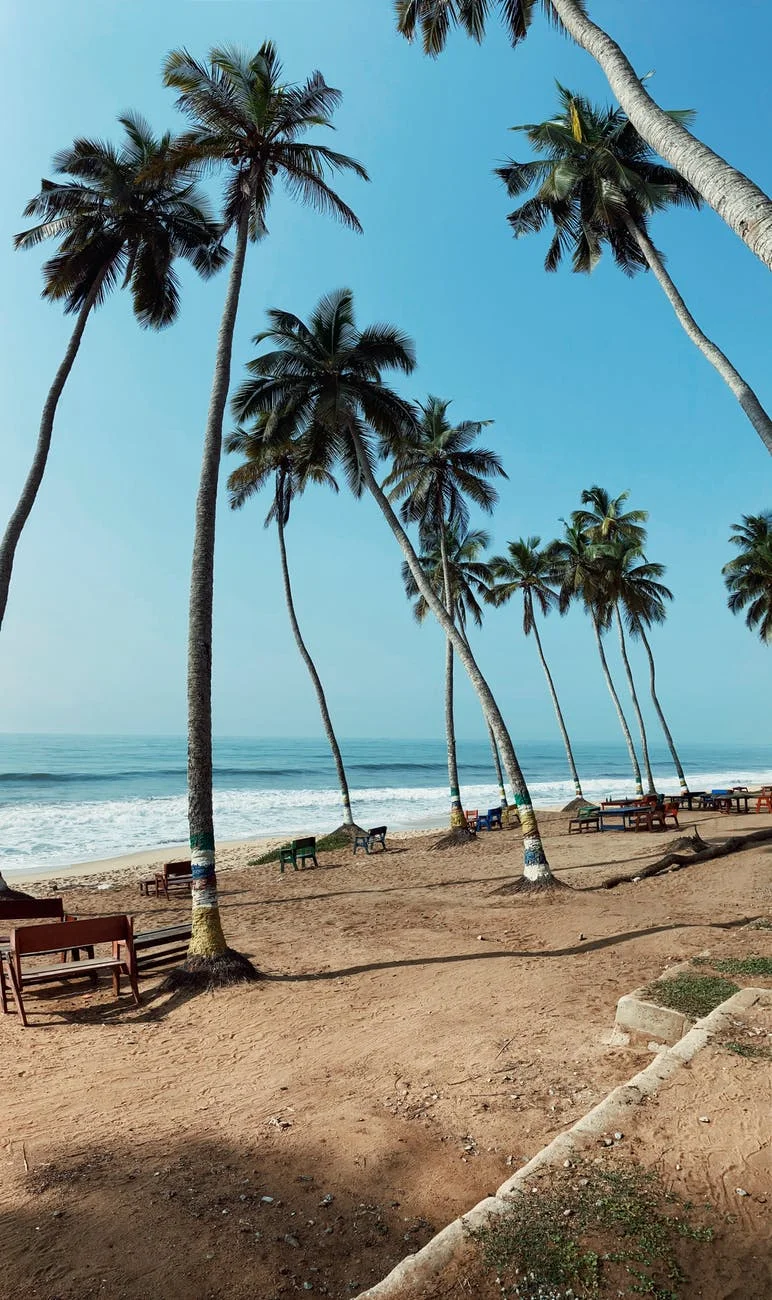
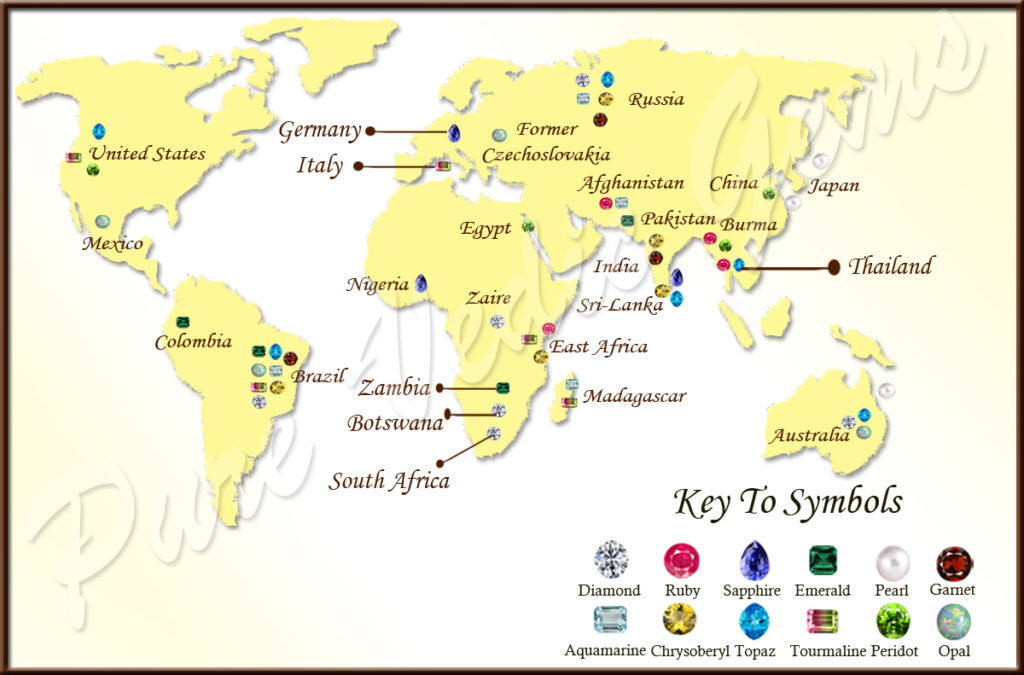

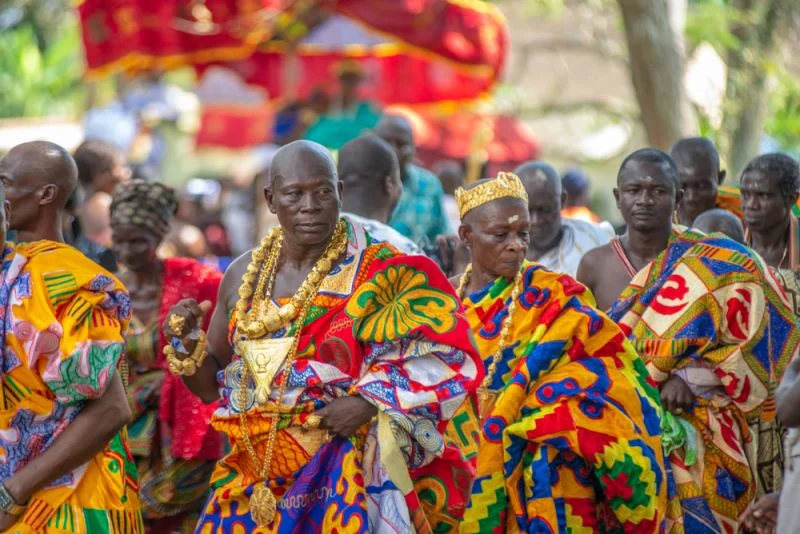
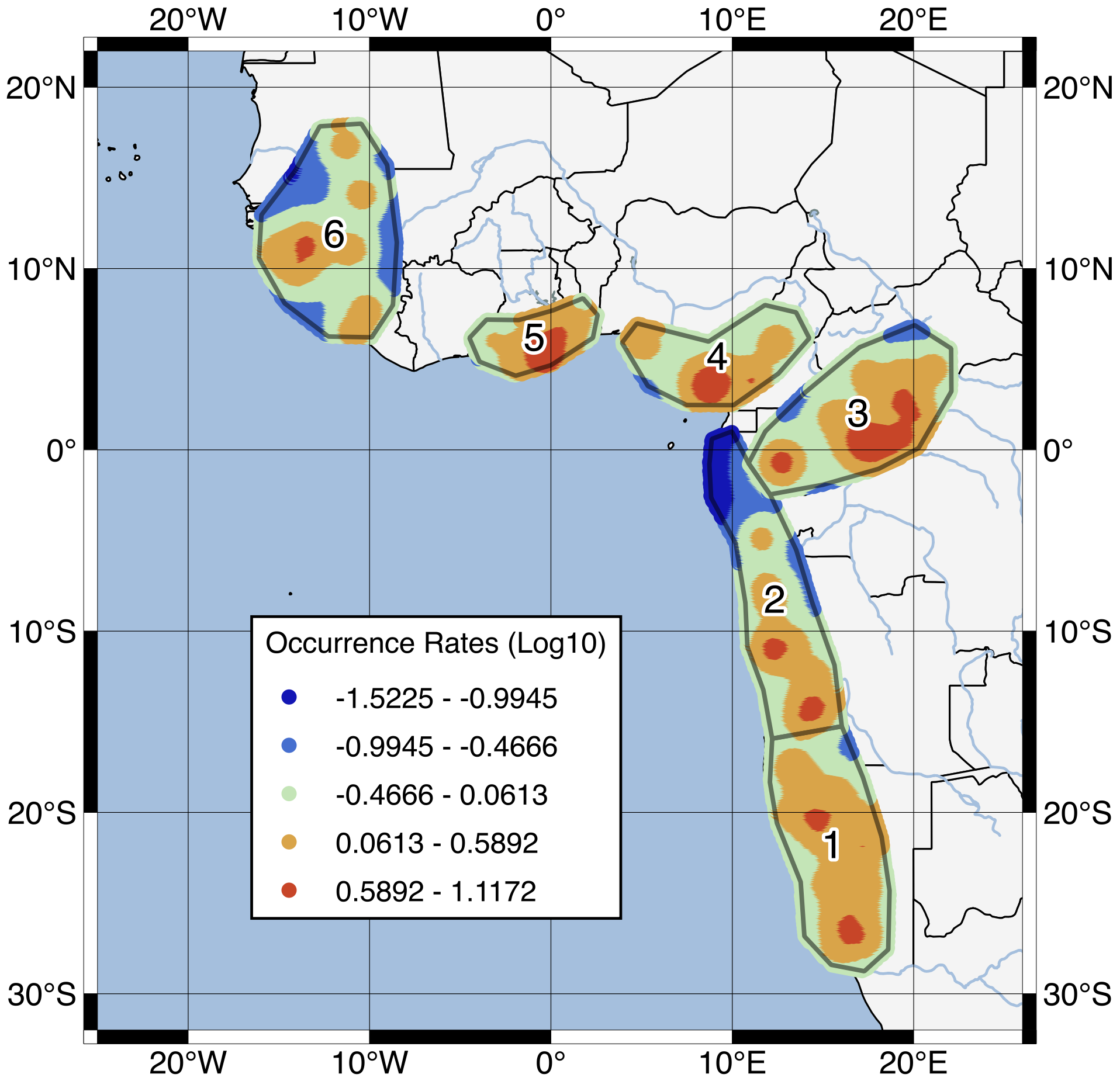
Closure
Thus, we hope this article has provided valuable insights into Ghana: A West African Gem on the Map. We hope you find this article informative and beneficial. See you in our next article!